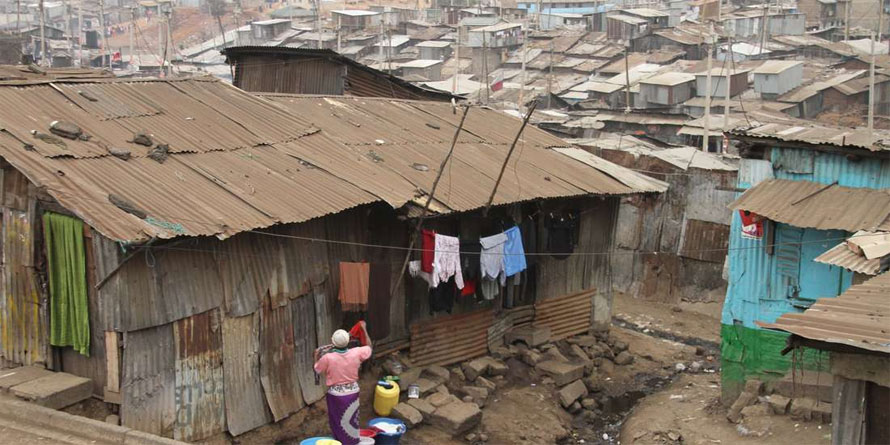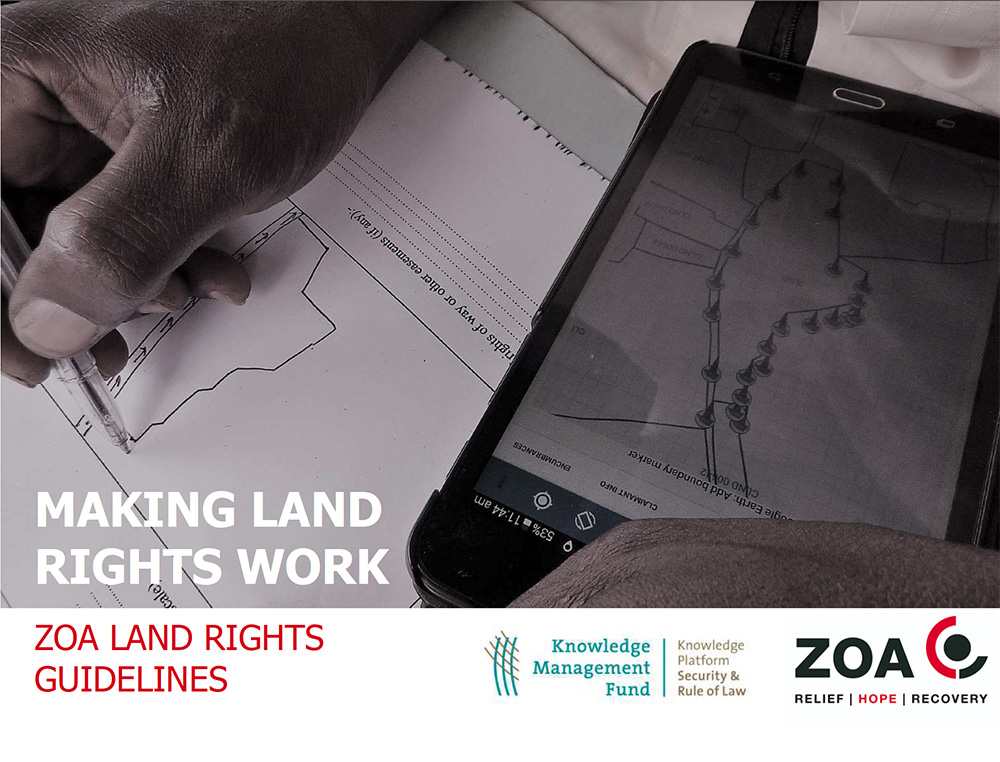Towards Gender Equality in Tanzania: A Profile on Gender Relations
How are men's social identities constructed in Tanzania? How can available qualitative and quantitative data be used in such a way as to reveal the nuances of interaction between women and men there? These and other questions are addressed in this gender country profile, which resulted from a participatory methods workshop on gender and development issues in Tanzania. While focusing on gender relations, the profile also highlights women's situation per se.





